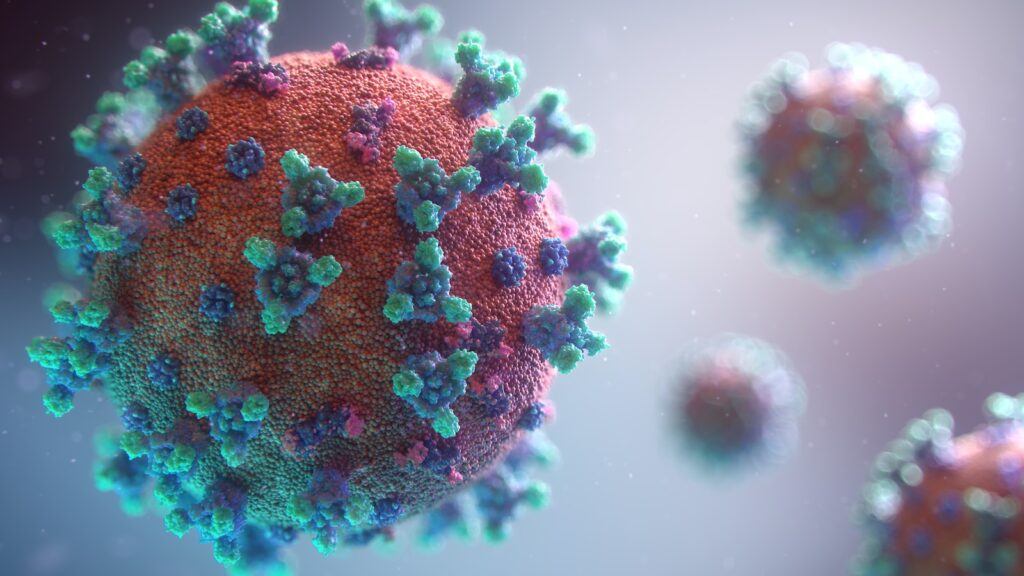
The Global Mental Health Pandemic
According to the 2022 World Mental Health Report, the world is facing a mental health pandemic similar in seriousness to the global events of 2020. The report states that in 2019, there were 970 million people globally living with mental disorders, with 14% of the world’s adolescents affected. Suicide was found to be a significant issue, accounting for more than one in 100 deaths, with 58% of suicides occurring before the age of 50 and ranking as the fourth-highest cause of death among 15- to 29-year-olds. Approximately 82% of individuals with mental disorders are residing in low- and middle-income countries.
South Africa’s Mental Health Landscape
The article highlights South Africa’s ranking in terms of mental health, stating that the country faces challenges due to factors such as high levels of violence, poverty, unemployment, and inequality. These conditions contribute to mental health disorders, including psychological distress, depression, anxiety, suicide, hopelessness, and feelings of worthlessness. The historical impact of apartheid, particularly on African communities, continues to negatively affect the mental health of women and children in South Africa. Absent fathers, which deprive children of the presence of both parents, and the phenomenon of child-headed households further contribute to mental health strain and stress on women, along with broader gender discrimination .
Inadequate Mental Health Services
Inadequate mental health services are a significant issue in South Africa, both in the public and private sectors. The article mentions that only 27% of individuals requiring treatment for mental health illnesses receive it, indicating a low treatment rate. The National Mental Health Policy and Strategic Framework 2013-2020 aimed to improve mental health among South Africans but faced challenges due to limited funding, with most of the available funding allocated to psychiatric hospitals rather than community-based services. The shortage of mental health specialists, such as psychologists and psychiatrists, is another concern, with most concentrated in the private health system, leaving limited access for the broader population relying on the public health system.

The Impact of COVID-19
The COVID-19 pandemic and related factors, including increased morbidity, mortality, and corruption, have further exacerbated the challenges of mental health in South Africa. Globally, the pandemic is estimated to have increased the prevalence of depression and anxiety by 25% to 27%. In response to these challenges, a conference called “Join the movement — Time to talk about mental health” was organized, aiming to mobilize society, increase mental health awareness, and enhance access to mental health care. The conference sought to assess the state of mental health in the country, address structural, social, and behavioral drivers, discuss required services and policies, and identify resource needs. The gathering aimed to integrate mental health services into primary healthcare and community-level care, aligning with the National Strategic Plan for HIV, TB, and STIs.
Joining the Movement: Time to Talk About Mental Health
To combat the mental health crisis, the article calls for the collaboration of the media and other influencers to fight against unhelpful and destructive stigmas surrounding mental health disorders. Stigma still plays a significant role in deaths related to mental health and limits access to treatment, as observed by the World Health Organization.
Overcoming Stigmas and Promoting Collaboration
In conclusion, the article emphasizes the urgent need to address the mental health pandemic, particularly in South Africa, where historical, social, and economic factors have contributed to poor mental health outcomes. The challenges include inadequate mental health services, limited access to care, and a shortage of mental health specialists. Efforts are being made to raise awareness, promote integration of mental health services into primary healthcare, and combat stigmas surrounding mental health disorders.
For more on UPside’s community counselling or therapy, ALONGside programme, click here.
[1] Our world is in the grip of a mental health crisis – here’s what we can do to help
[2] SA depressingly low on mental health – The Mail & Guardian (mg.co.za)
Leave a Reply